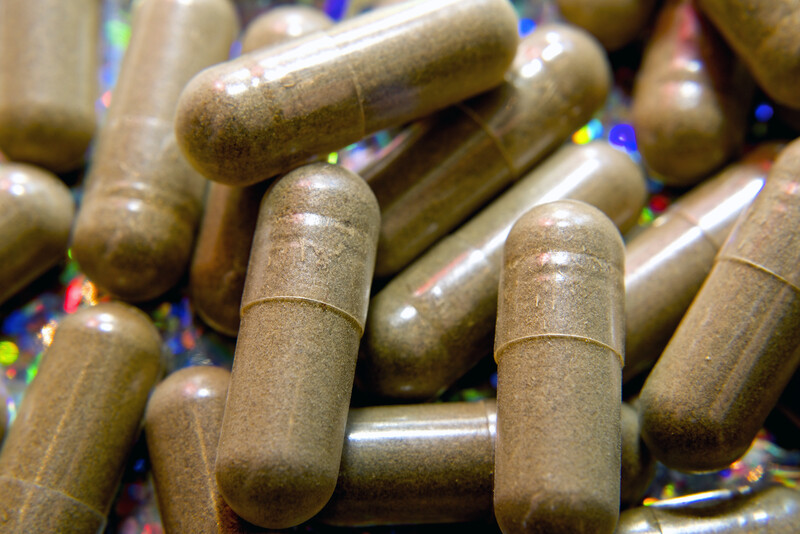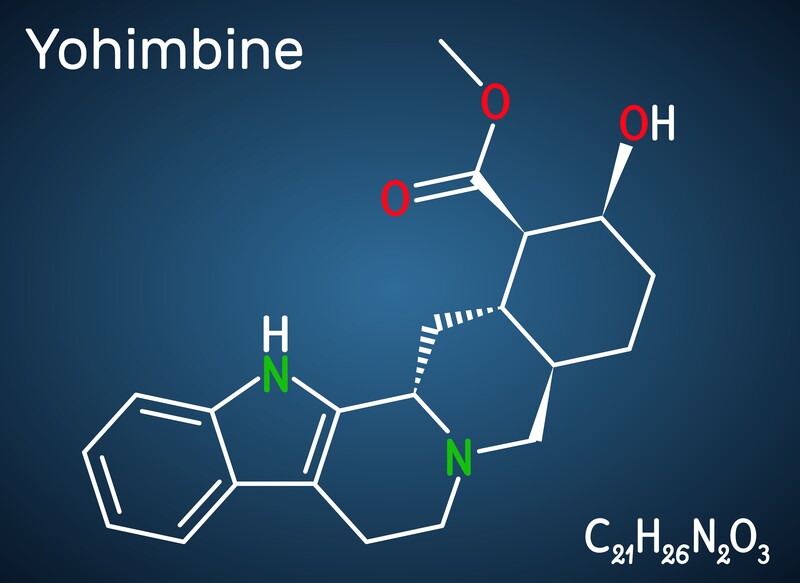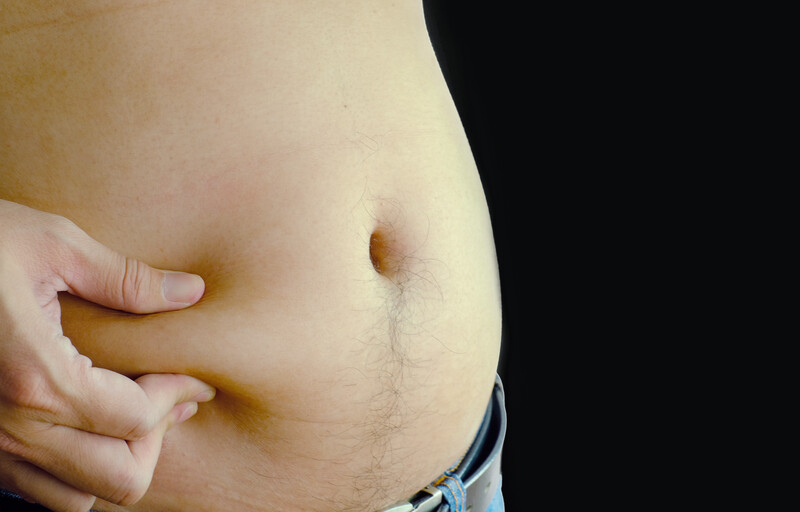(Article medically reviewed by Dr. Zac Hyde M.D)
Does Yohimbine Boost Testosterone Levels?
The Western world has long since been enamored with herbs and roots from faraway lands, especially those that claim to have magical healing properties.
Unfortunately, the majority of these would-be cure-alls are just as fanciful as they sound.
However, every now and then, we come across a testosterone supplement that stands up to science.
In this article, we’ll see if Yohimbe is one of them…

Yohimbe and Testosterone Studies
Rumors have been flying for years now that Yohimbe is capable of boosting sexual function in a similar fashion as horny goat weed, tongkat ali or tribulus terrestris.
As usually happens when this is the case, men from a wide range of backgrounds have started taking Yohimbe in an attempt to treat sexual dysfunction.
The problem? There are no human trials to back up these claims. In fact, there’s not even any pseudoscience to rely on.
Not only that, but the sexual experience most men have after using the herbal supplement leaves a lot to be desired (more on this later).
Let’s start at the beginning.
What is Pausinystalia Yohimbe?
The Yohimbe tree is found in Central and Western Africa. Its bark and the chemicals it contains have long been used in tribal medicines all over the region.
This chemical (known as yohimbine) is reported to do a lot of things.
Whether you want to increase nerve impulses and blood flow to male and female genitals, make sex more enjoyable, or trip balls hard enough to think you’re flying – someone will tell you that Yohimbe is the answer.
Regardless of what’s true or false, so far Yohimbe tree bark has gained traction in the states as a fat loss aid, a erectile dysfunction agent and a natural testosterone booster.
But what does science have to say about it? As we’ll see, the answer is either “too much” or “not enough.”
Yohimbine is the Active Ingredient in Yohimbe

When you actually break it down, yohimbine is a powerful alkaloid, which means that some pharmacologic effect is almost guaranteed.
However, like other famous alkaloids (cocaine, nicotine, caffeine, morphine, etc.), this depends greatly on factors like dosage, purity, and tolerance.
Still, both anecdotal evidence and clinical trials report that yohimbine is highly stimulatory due to this active ingredient.
In fact, not only does it stimulate the subject when used alone, but it also enhances the effectiveness of other stimulants, such as caffeine.
In fact, many people who take it experience a jitteriness that they actually don’t find very pleasant.
Unfortunately, because Yohimbe Bark is lacking in predictable results, that’s about all we can say for sure.
You see, no amount of research has been able to say that taking X amount of the extract can directly lead to A, B, or C.
Instead, we are left with a list of beneficial effects that the supplement might have if certain unknown conditions are met, such as:
Yohimbine “Might” Be a Mood Enhancer
According to one study, the yohimbine interferes with what’s known as the “noradrenaline system feedback loop.”
This leads to the production of the catecholamines epinephrine (adrenaline) and norepinephrine, which are neurotransmitters typically associated with stress.
This process can have a number of results depending on the subject, including an increase in the production of dopamine.
Unfortunately, the actual effect this has on the subject are widely debated.
For instance, most studies show that despite the dopamine release, yohimbine has no value whatsoever when used to treat depression.
When it comes to anxiety, however, studies are mixed.
Some research suggests that it can prove helpful in treating situational anxiety disorders (fear of flying, claustrophobia, etc.), but only when combined with exposure-based therapies.
On the flip side, yohimbine might actually worsen anxiety in people who suffer frequent bouts of panic.
Yohimbine is “Probably” a Weak Fat Burner

When taking Yohimbe supplements, some users experience elevated noradrenaline levels, which has been known to speed up fat mobilization, potentially leading to weight loss.
This can be particularly compelling when combined with studies showing that Yohimbine may modulate the adrenergic receptors of the subject’s fat cells.
Moreover, as a natural antagonist to A2-receptors, yohimbine may also enhance one’s ability to burn fat.
For example, one study had 20 top-level male soccer players take yohimbine extract at doses of 20 mg a day for three weeks (while another group ingested a placebo).
Despite a similar intake of food and output of exercise, the yohimbine group demonstrated an improved rate of fat loss.
However (in keeping with the pattern for this chemical), this was only true when the supplement was taken in a fasted state and close to the time of exercise.
No Evidence Yohimbine Boosts Testosterone Levels

In one groundbreaking study, yohimbine was found to increase the sexual desire of rats.
Though this is likely where the whole “Yohimbe Bark boosts T levels” idea came from, it never should have happened.
You see, the study specifically focused on avoiding raising testosterone levels to achieve those results.
In fact, Yohimbe supplementation has consistently failed to improve T levels beyond an insignificant increase in free testosterone (one that quickly subsides).
That said…
When paired with L-arginine, Yohimbe has been shown to provide a small improvement in erectile function in men with low-to-moderate ED.
But based on my experience, this herb works much better.
Even the researchers themselves have chalked the results of this human trial to the latter dietary supplement rather than the yohimbine extract.
To make matters worse, another study found that people who have ED due to performance anxiety will actually suffer more when dosed with the supplement.
As a matter of fact, high doses of yohimbe have put many men in the hospital with raging panic and anxiety attacks.
Just like fenugreek, yohimbine currently exists in a sort of “scientific limbo” where we’re all waiting to find out more.
At worst, it’s a stimulant that might give some men a slightly-increased urge to get laid, with some pretty serious adverse effects if you take too much.
In truth, that’s about all we know.
Yohimbine and Testosterone Conclusion:
As you can see, the biggest problem with Yohimbe is that nearly all of the information we have is either not significant enough to justify supplementation or immediately refuted by a subsequent study.
In fact, we might be no closer to finding out what Yohimbe does and doesn’t do than we were when we first discovered the chemical!
Still, in the interest of keeping things scientific, here’s what we do know:
- There’s no correlation between taking Yohimbe in any form and a subsequent rise in testosterone levels. So if you’re only considering taking it for a hormonal boost, you’ll just be throwing away your money.
- It might be a great fat-burning supplement, but only under specific conditions. Natural fat burners are hard to come across, so it’s easy to get excited about the research into yohimbine. However, keep in mind that you need to take it on an empty stomach within minutes of your exercise to see results.
- It’s just too risky to consider for mood enhancement. For instance, if you have anxiety, there are a thousand things I’d recommend before Yohimbe. The main reason is because of its stimulant properties. For most anxiety sufferers, nervousness, sweating, jitteriness, and other symptoms related to the overconsumption of stimulants are more likely to throw you into a panic attack than make you feel better.
Should you take Yohimbe?
Based on my experience the answer is No.
Especially if you’re prone to anxiety or have a medical condition such as heart disease, kidney disease or high blood pressure.
I’ve tested the herb extensively and I always wind up feeling like I’ve drank too much coffee after I dose up.
My heart rate goes up and I can actually feel my blood vessels throbbing, even when using recommended dosages.
And the price I pay for this jittery vibe is no increase in erection quality or frequency, no testosterone boost and no increase in sexual desire.
So why bother?
